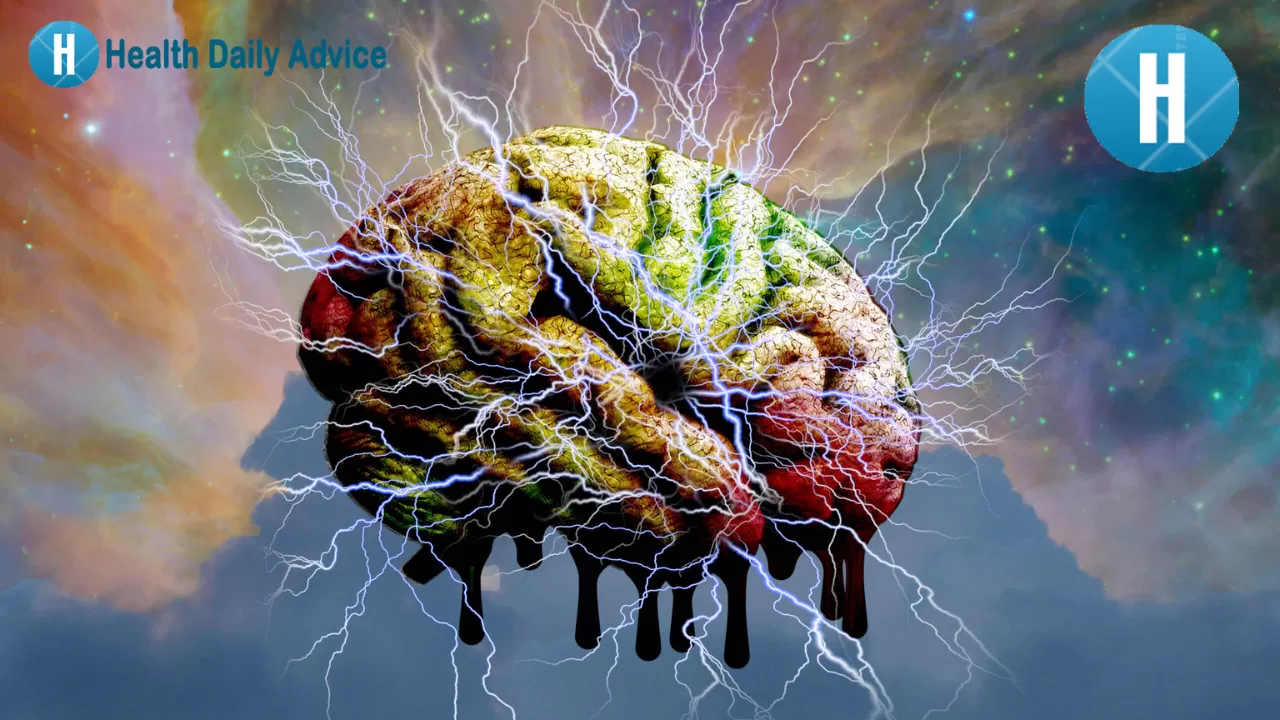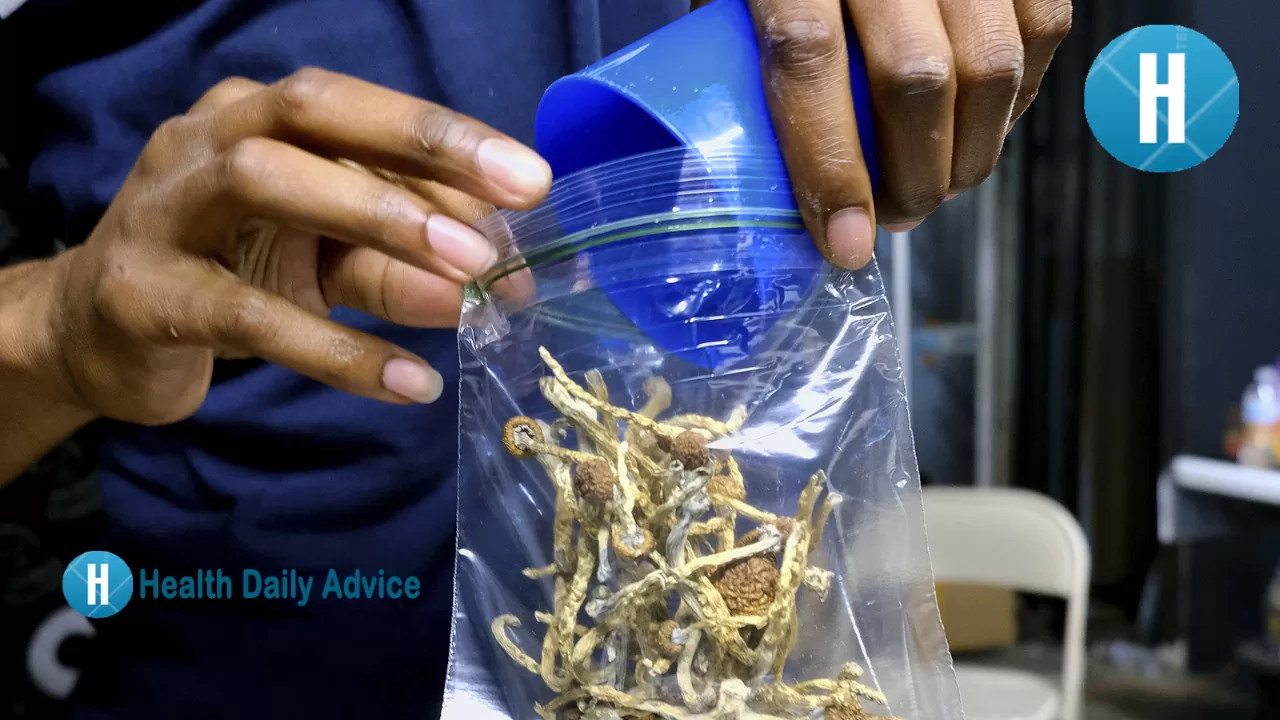Introduction
Depression, a pervasive mental health disorder affecting millions globally, necessitates innovative treatment approaches. Despite traditional options, such as medications and therapy, not proving universally effective, recent research explores the potential of psilocybin, a natural psychedelic compound, as a novel treatment for depression. This article delves into the benefits, risks, and evolving landscape of psilocybin in addressing depression.
What is Psilocybin?
Psilocybin is a naturally occurring psychedelic compound found in certain species of mushrooms. It has a long history of use in indigenous cultures for spiritual and medicinal purposes. When ingested, psilocybin is converted to psilocin, which activates serotonin receptors in the brain. This results in altered perception, mood, and cognition.
The History of Psilocybin Use
Psilocybin has been used for thousands of years in various cultures for religious and healing purposes. The Aztecs, for example, referred to psilocybin mushrooms as “teonanácatl,” which translates to “flesh of the gods.” Indigenous communities in Mexico and South America have used psilocybin mushrooms in spiritual ceremonies for centuries.
In the 1950s and 60s, researchers began to explore the potential therapeutic benefits of psilocybin in Western cultures. However, the use of psychedelic drugs was largely prohibited in the United States after they became associated with countercultural movements in the 1960s and 70s.
Psilocybin and Depression: The Research
In recent years, there has been a renewed interest in the use of psilocybin for depression. Several small studies have suggested that psilocybin may be effective in reducing symptoms of depression, anxiety, and other mental health conditions.
A 2016 study published in the Journal of Psychopharmacology found that a single dose of psilocybin reduced symptoms of depression and anxiety in patients with life-threatening cancer. Another study published in the same journal in 2018 found that psilocybin-assisted therapy was effective in treating depression in patients who had not responded to traditional treatments.
More recently, a 2021 study published in JAMA Psychiatry found that psilocybin-assisted therapy was more effective in reducing symptoms of depression than a placebo in patients with treatment-resistant depression.
How Does Psilocybin Work?
Psilocybin affects the brain by binding to serotonin receptors, particularly the 5-HT2A receptor. This leads to changes in brain activity, including increased connectivity between regions that Psilocybin affects the brain by binding to serotonin receptors, particularly the 5-HT2A receptor. This leads to changes in brain activity, including increased connectivity between regions that don’t normally communicate with each other. It is believed that these changes in brain activity may help to break patterns of negative thinking and behavior associated with depression.

Potential Benefits of Psilocybin for Depression
Psilocybin may offer several potential benefits as a treatment for depression. These include:
- Rapid onset: Unlike traditional antidepressant medications, which can take several weeks to start working, psilocybin may produce rapid and long-lasting effects after just a single dose.
- Improved mood: Psilocybin has been shown to reduce symptoms of depression and improve mood in some individuals.
- Increased openness: Psilocybin has been shown to increase openness and empathy, which may help individuals with depression to better understand and work through their emotions.
- Spiritual experiences: Some individuals who have taken psilocybin report having profound spiritual experiences that have had a positive impact on their mental health.
Potential Risks of Psilocybin Use
While psilocybin has shown promise as a treatment for depression, there are also potential risks to consider. These include:
- Adverse reactions: Psilocybin can cause adverse reactions in some individuals, such as anxiety, paranoia, and confusion.
- Psychotic episodes: Psilocybin can trigger psychotic episodes in individuals with a history of psychotic disorders.
- Legal status: Psilocybin is illegal in many countries, including the United States, which can make it difficult for individuals to access it.
- Lack of regulation: Since psilocybin is not yet approved by regulatory bodies such as the FDA, it is not subject to the same safety and quality control standards as traditional medications.
How is Psilocybin Administered?
Psilocybin can be administered in a variety of ways, including:
- Capsules or tablets: Psilocybin can be encapsulated or pressed into tablets for easier administration.
- Tea or infused beverages: Psilocybin can be brewed into tea or infused into other beverages.
- Microdosing: Some individuals choose to take small, sub-perceptual doses of psilocybin on a regular basis.
- Assisted therapy: Psilocybin-assisted therapy involves taking psilocybin under the guidance of a trained therapist in a safe and supportive environment.
Legal Status of Psilocybin
The legal status of psilocybin varies by country and region. In the United States, psilocybin is classified as a Schedule I controlled substance, meaning it is considered to have a high potential for abuse and no accepted medical use. However, several states and cities have decriminalized psilocybin, and some have even legalized it for medical or therapeutic use.
Conclusion
Depression’s complexity warrants diverse treatment options. Psilocybin shows promise, yet its potential risks and legal constraints underscore the need for further research. While traditional treatments remain valuable, psilocybin represents an evolving frontier in mental health care.
FAQs
Psilocybin is illegal in many countries, including the United States, but its legal status is changing in some regions.
Yes, psilocybin can cause visual and auditory hallucinations in some individuals.
psilocybin works differently than traditional antidepressants, with a more rapid onset and potential for long-lasting effects after just a single dose.
No, psilocybin can cause adverse reactions and is not recommended for individuals with a history of psychotic disorders or other mental health conditions.
Psilocybin is not yet approved by regulatory bodies for medical or therapeutic use, so access is currently limited to clinical trials and some states/cities that have legalized or decriminalized its use.
Note:
Share your thoughts or experiences related to psilocybin in the comments. For more articles on psilocybin, stay tuned to Health Daily Advice and visit Psilocybin for the latest information.













